Salt is an indispensable condiment in people’s daily life. Without it, the diet will be tasteless and weak, but if you take too much for a long time, it will easily affect your health and induce diseases. A “salt-reduced” healthy eating concept is now generally advocated, and people are paying more and more attention to the health risks posed by high-salt diets, but a recent study seems to provide evidence that high-salt diets also have positive effects.
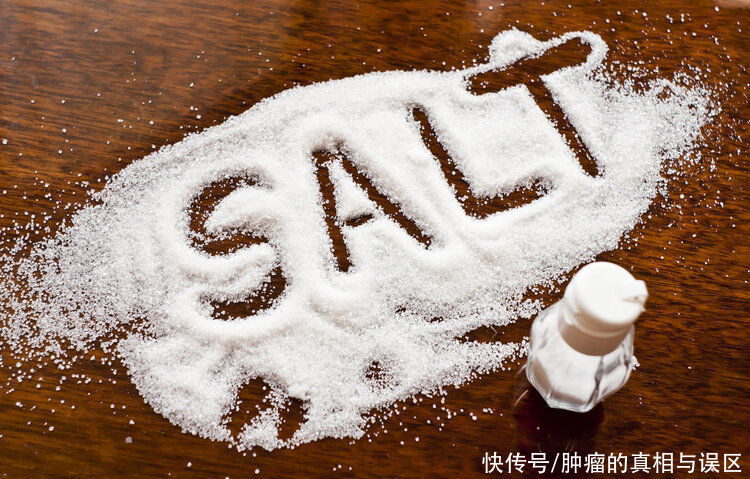
1. Subversion of cognition: high-salt diet can induce tumor immunity and inhibit tumor?
It is widely known that high-salt diet causes cardiovascular disease and endangers kidney health. However, a research team from the Institute of Translational Health Science and Technology in the United States published research results in “Science Advances”, saying thatHigh-salt diet can increase the abundance and increase of bifidobacteria in the intestine. The permeability of the gut allows Bifidobacterium to regulate natural killer (NK) cells in the tumor microenvironment through metabolites, thereby significantly inhibiting tumor growth in mice.

In the experiment, the research team implanted mice with B16F10 Skin melanoma cells, and then set up three different gradients of low salt, medium salt and high salt, and then fed the experimental mice. After comparison, it was found that compared with mice fed normal or slightly high salt content, in vivo , NK cell frequency and its activation marker CD107a were both up-regulated by 50%, and this was beneficial to stimulate the immune effect of tumors, so that the tumor volume and quality has decreased.
Next, in order to assess whether there is organ damage in tumor mice fed a high-salt diet, the researchers conducted further investigations. The results showed that high-salt diet was well tolerated and had no adverse effects on major organs. They also studied the protective effect of high-salt diet on different tumors, and found that after feeding a high-salt diet, the tumors of mice were suppressed..
These findings suggest that high-salt diet may confer strong tumor immunity in mice, and Physiologically, there are no obvious side effects.
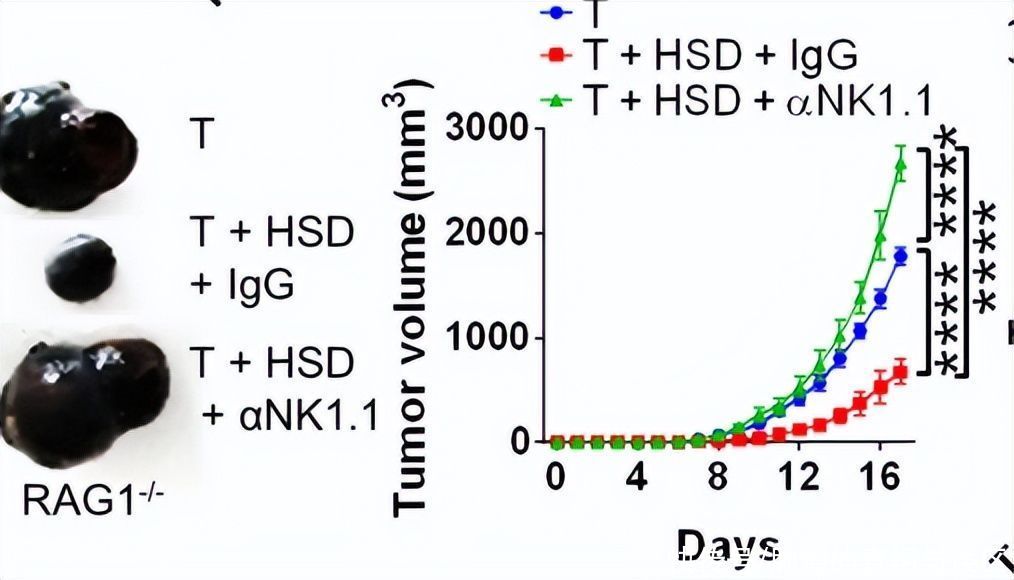
In the experiment, the research team observed species in the intestines of mice. diversity, and found increased abundance of bifidobacteria in mice fed a high-salt diet. In addition, the tumors of these mice had a six-fold increase in Bifidobacterium abundance compared with tumors in mice fed a normal diet. This suggests that the modulation of gut microbiota by high-salt diet enriches bifidobacteria, which in turn increases the frequency of NK cells and promotes tumor immunity.
Although this study seems to have given a very meaningful argument, we must realize that the conclusions drawn from animal experiments do not mean that the same results can be produced in humans. Effect. There is more solid evidence for the health risks associated with long-term high-salt diets than for tumor-suppressive effects.
Second, high-salt diet is very harmful to the body, 4 discomforts appear, it is time to reduce salt
From the current research conclusions, high-salt diet The harm of diet far outweighs its possible antitumor effect. Long-term high-salt diet will reduce the body’s resistance to bacteria. When people consume too much salt, the body will secrete some hormones to promote salt excretion. Some of these hormones, such as glucocorticoids, have the effect of suppressing the systemic immune system, which will weaken the immune system’s response to bacteria and reduce the body’s resistance.
In addition, a high-salt diet increases the risk of high blood pressure and can lead to kidney damage, which increases the risk of kidney disease. So how do we judge whether the intake of salt is excessive?
1. Thirsty
There is too much salt in the blood, and the blood osmotic pressure is high It draws water from the tissue into the blood vessels. On the one hand, it promotes high blood pressure, on the other hand, it makes the tissues dehydrated, and the skin and mucous membranes lose moisture. Then the body feels thirsty and especially wants to drink water.
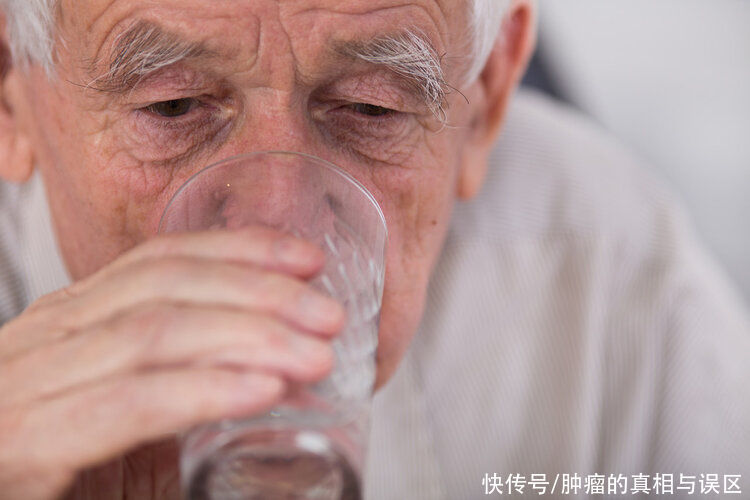
2. Edema
Drinking water due to thirst is not as easy to expel as ordinary drinking water, because water is “bound” by salt, and the kidneys excrete salt very slowly. Therefore, in a day or two or even a few days, excess water may accumulate in the body, resulting in mild edema.
3. Thickened fingers
If you suddenly notice no weight gain The lower fingers become thicker, and the reason may be related to water retention caused by eating too much salt.
4. Headache
A study published in the British Medical Journal The results showed that adults who ate 3,500 mg of sodium a day were nearly one-third more likely to have a headache than those who ate 1,500 mg of sodium a day.
Third, to reduce salt, beware of “invisible salt”
Relevant studies show that the salt intake of Chinese residents is high, and the average daily intake of sodium salt The amount is 10.5 grams, which is the recommended amount of the World Health Organization and the reduction of the “Healthy China Action (2019-2030)”.More than 2 times the salt target.
Many people think that as long as you control the amount of salt you put in cooking, you can achieve the purpose of reducing salt. However, in addition to salt, there are many “invisible salts” in life. ingested by us.
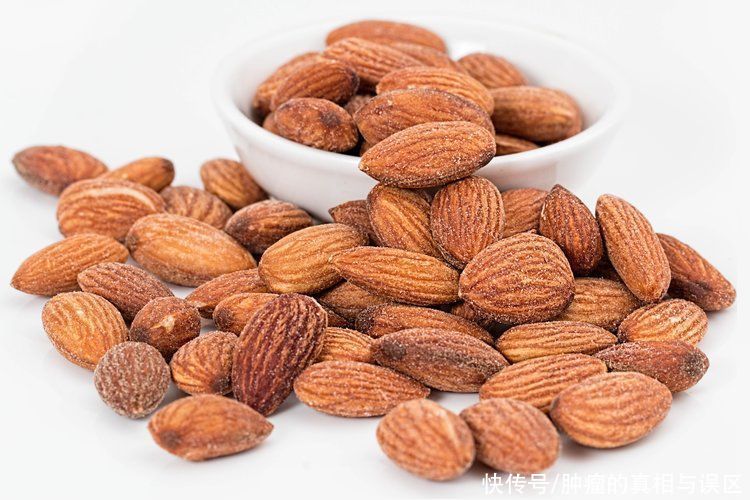
In life, if in solid food High sodium is defined as sodium exceeding 600 mg/100 g or above 30% of the nutrient reference value, and sodium in liquid food exceeding 300 mg/100 g or above 15% of the nutrient reference value. food.
Some high-sodium foods contain a lot of salt even if they are not salty, so you must pay more attention to the intake of these foods in your life.
1, cured and smoked food
2, processed meat Products
Processed meat products such as ham and sausages are usually made with nitrite, salt and other additives, and long-term intake is not good for the body
3. “High-salt” snacks
Canned foods, potato chips, Rice noodles, plum, shredded squid, beef jerky, seasoned nuts, as well as salty snacks such as dried tofu, spicy strips, and spicy tofu. During the processing process, most of them add too many additives, salt or sugar. Compared with those fresh foods, Nutrients are also less.
4. Add meals or seasonings to meals
Many people have already eaten With salted dishes, I also like to use various salty and umami seasonings to accompany the meal, or add some savory dishes such as mustard, pickled vegetables, pickles, and soy tofu, which invisibly increase my own salt intake.
If you want to avoid a high-salt diet, you must pay attention to reducing the intake of these foods. In addition, in daily life, you can gradually change the habit of being too salty and too heavy. Pay attention to limit the amount of salt used every day, which can be controlled with a salt-limiting spoon; when cooking, you can use a little vinegar instead of salt to improve the fresh flavor of dishes and meet the needs of taste.
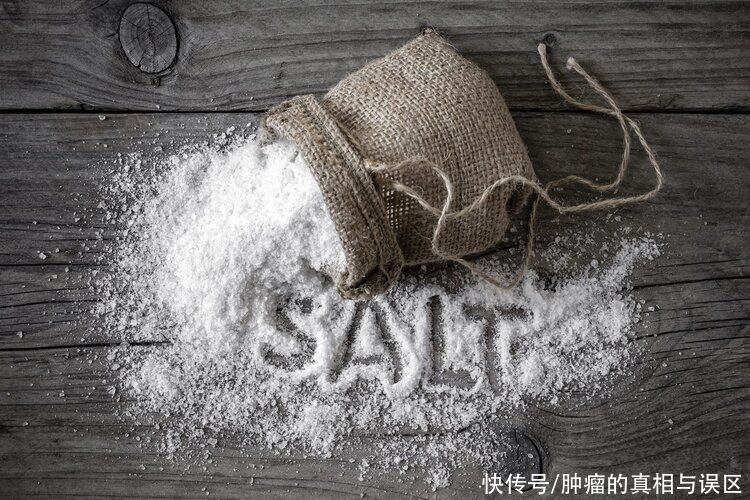
Salt is an indispensable condiment in daily life, but some researchers found that In the past 40 years, the average daily salt intake of Chinese adults has exceeded twice the recommended amount by the World Health Organization. Excessive salty diet can make people suffer from high blood pressure, increase the burden on the heart, promote heart failure, and cause systemic edema and ascites. People with nephritis and liver cirrhosis will also aggravate edema due to excessive salty intake. So remind you to try not to eat too salty in your diet, and you must seek medical attention in time if you have symptoms. # Yaozero Zero Plan#
References:
[1] “High-Salt Diet and Immunity”. Advances in Physiological Science. 2020-06 -25
[2] “Studies found that high-salt diet can damage the body’s immune system”. Journal of Guangdong Pharmaceutical University. 2020-04-10
[3] “Diet, Research progress on the relationship between intestinal flora and cardiovascular disease”. The world’s latest medical information digest. 2019-10-04
[4] “The price of salt is going up! Science sub-journal reveals: high-salt diet may induce effective tumor immunity! 》Biological Exploration.2021-10-11
Reprinting is prohibited without the author’s permission